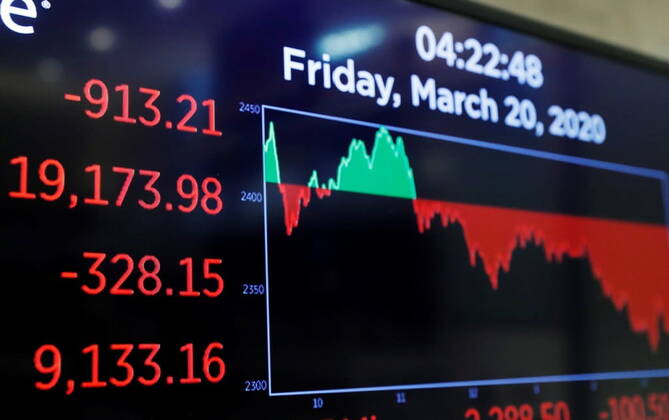Europe occupies a small territory, approximately 7% of the total land area of the Earth, but population density is high here, which entails certain environmental consequences. Thus, the reservoirs of Europe until recently were critically littered with waste, but Europeans quickly learned a lesson from it, and having solved problems with water resources, they began the struggle for clean air.

European transport requires compliance with environmental standards, photo WEB
More than 60% of the total amount of harmful substances is emitted into the atmosphere by road transport, and in order to protect the planet from global pollution, the world community has taken a number of measures to ensure clean emissions. The fuel burned by vehicles turns into exhaust gases that contain two hundred chemical compounds.
To control the toxicity of these emissions, Europe has been actively introducing Euro standards since 1992, the last of which was Euro 6. In addition, in many countries there are also internal rules that restrict the movement of certain transport in areas identified as environmentally friendly.

Road transport is one of the main air pollutants, photo WEB
From year to year, the EU regularly raises the requirements for commercial vehicles on its roads and tightens control over their compliance. Since 2008, Europe has made the Euro-5 standard mandatory for all new trucks, and today it is reluctant to issue permits for the movement of vehicles that do not meet at least Euro-4 standards on its territory.
As for Euro-3, now the EU is talking about its ban, which certainly will not please Russian carriers. In Russia, two-thirds of the truck barely meets this standard, which means that the innovations planned in Europe will significantly affect the business.

EU plans to ban Euro-3 standard, photo © gruzoviki.com
Each new Euro standart is aimed at reducing CO2 emissions, and the fifth, compared with the fourth, provides halving the emissions of the carbon group. It can take a long time to lament over strict rules, but serious fines are supposed for non-compliance. And even now, when Euro-3 is still running around the European Union, the cost of toll from such cars is much higher.
It’s expensive for Russian carriers to switch to European environmental standards, but while they are adopting Euro-4 and Euro-5, the EU continues to “tighten the screws” - since September, the standard Euro-6d has become mandatory for new trucks in Europe. So far this will not affect the work of carriers, but how long it will last for now is unknown. Hope that the handicap will be at least three years, because most Russian transport companies can only afford used equipment, and the secondary market for freight transport of the new standard will be formed no earlier than 2021–2023.

European standarts of exhaust gas for heavy diesel engines, photo © zr.ru
However, the situation is not yet critical. There is an erroneous opinion that the standard should be tied to the year of car's manufacture, however, compliance with Euro-5 standards can be determined by the technical features of older cars - mileage, availability of CO2 emission reduction systems, conversion of the engine, and so on. In general, meeting European standards today is possible, albeit expensive. Досуг каталог на сайте проститутки Воронеж Девушки легкого поведения любят погорячее
But somehow, it will not be possible to bypass the system - since January 1, 2019, a tool called VECTO was put into operation, which determines the level of carbon dioxide emissions and fuel consumption by heavy vehicles.

Compliance with Euro-5 does not depend on the year of car's manufacture, photo WEB
Now, a new freight transport can receive a certificate for working on the European market only if the VECTO standards are observed, which means that in the coming years, Russian companies should also expect tougher environmental regulations for cargo transportation in Europe.
INFORMATION
PRETIUM TRADE HOUSE - Delivery of specialized construction equipment and materials




